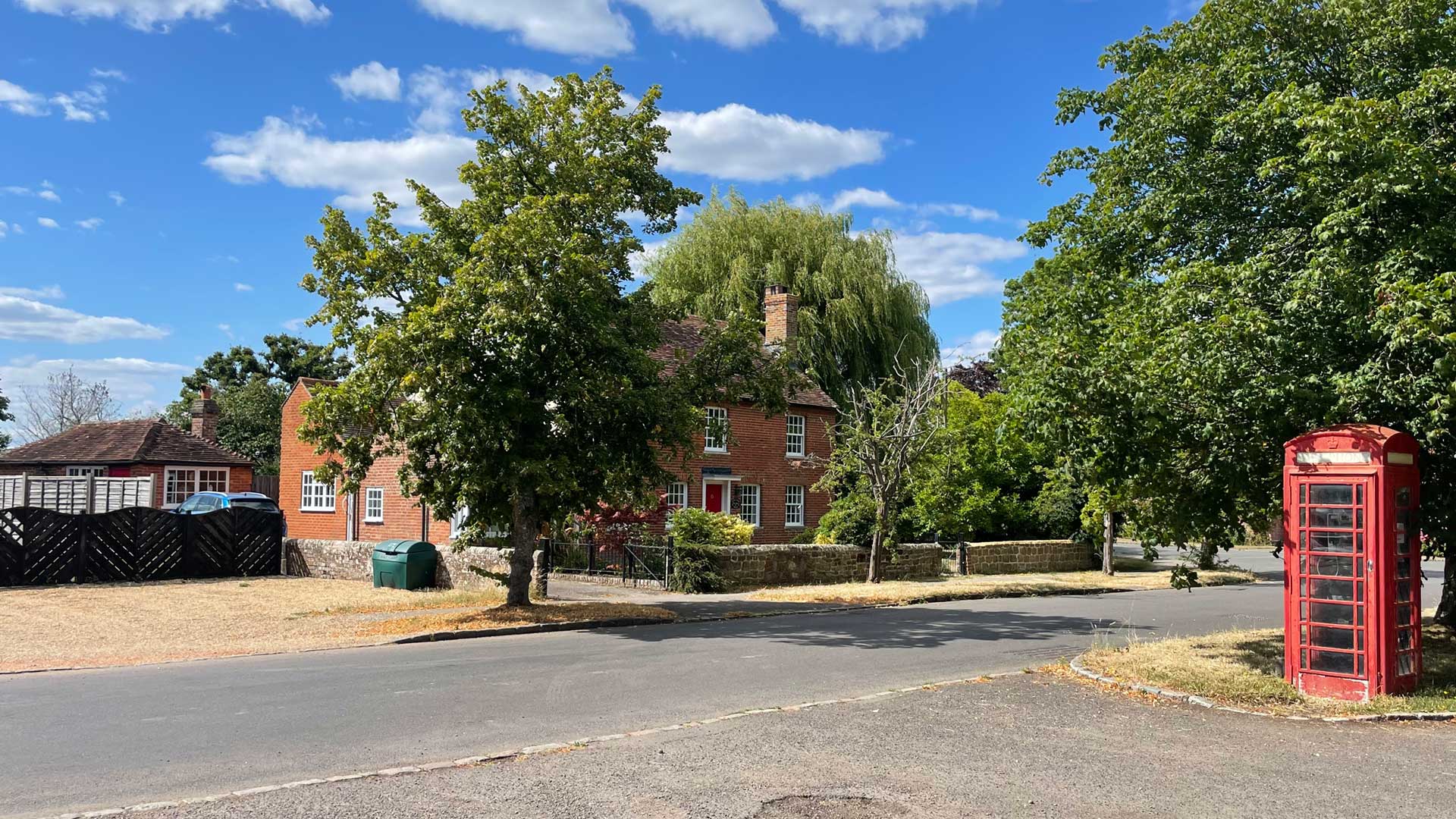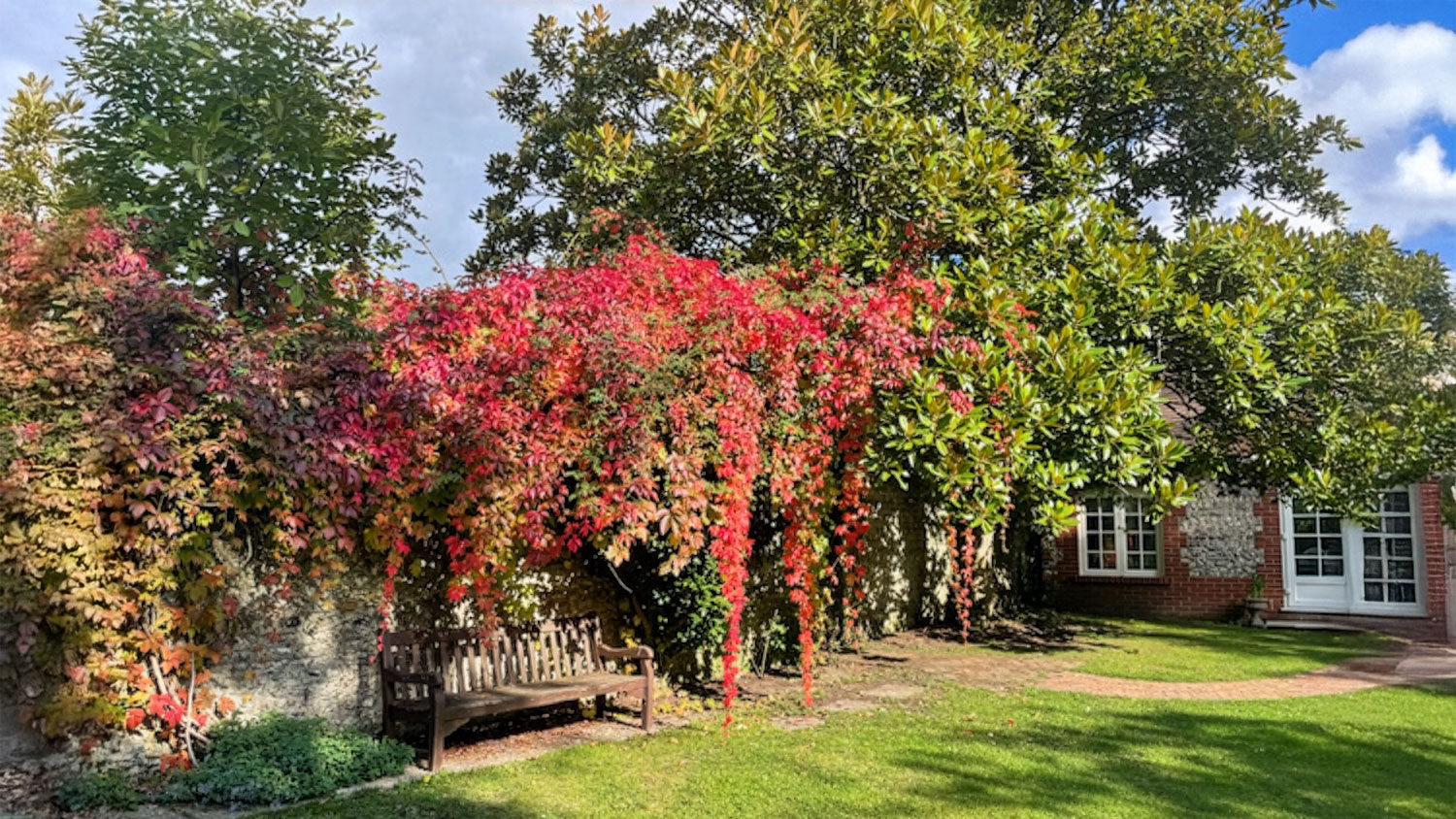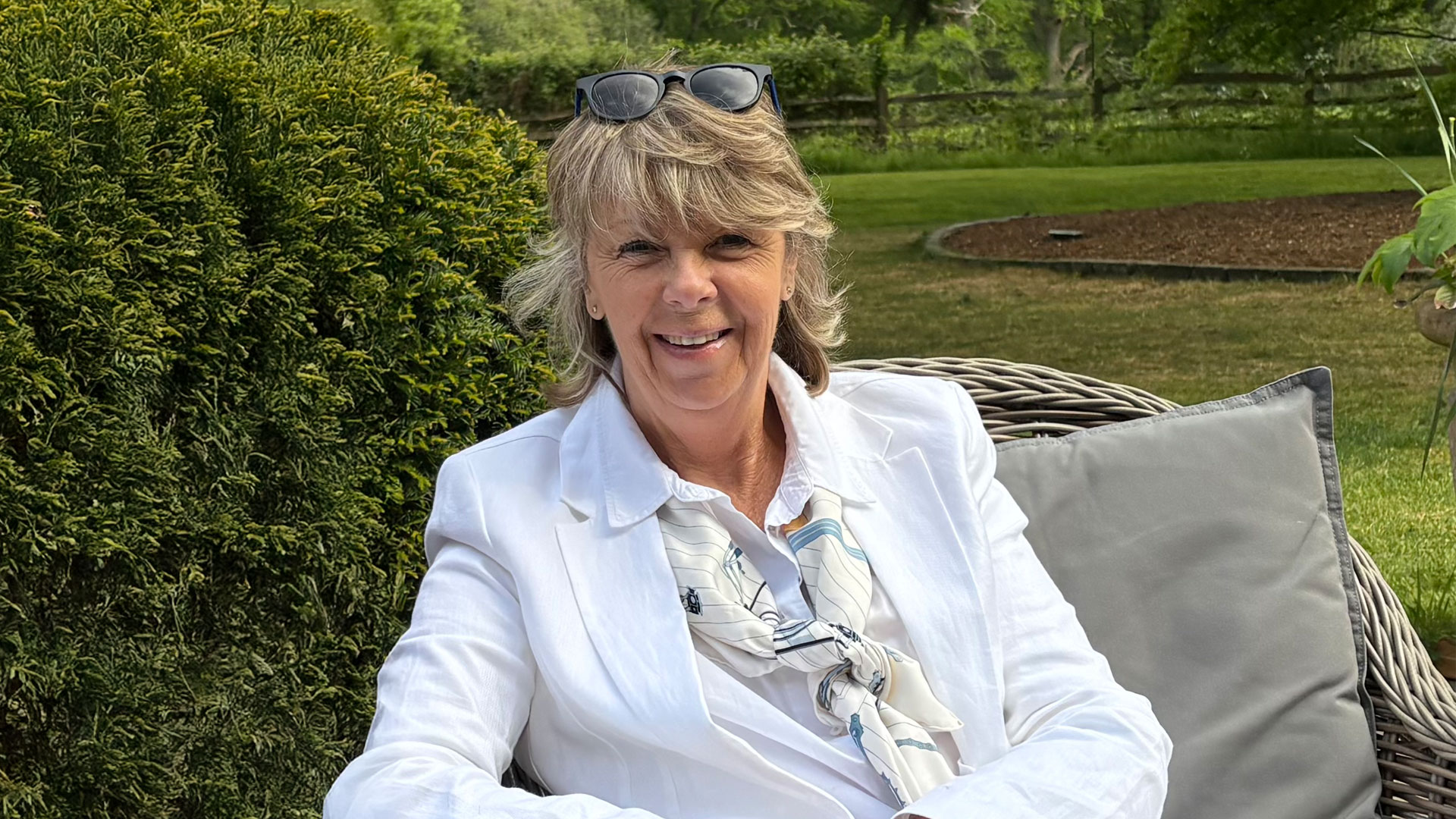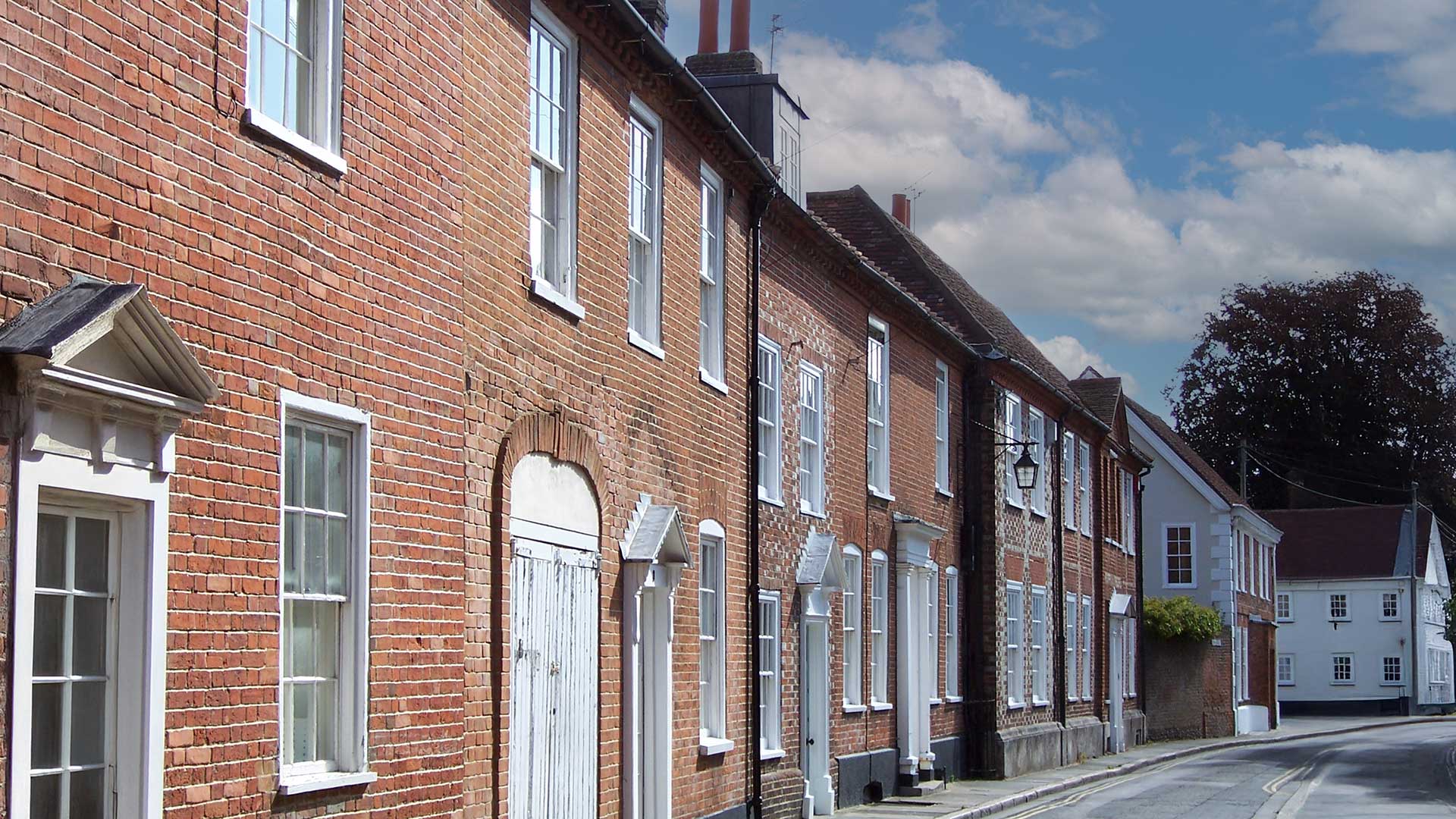Is the tide turning once more? This is why now could be a key moment for upsizers
After several years of a strong seller’s market, we are beginning to see a shift in West Sussex. The pace is slowing, price expectations are softening and buyers are gaining more leverage – especially those who are proceedable or buying with cash.
At Property Acquisitions we have been through many “ups and downs” of the property market and of course, our clients are always keen to buy when the timing is right – but when is this? We all wish we had a crystal ball, but history and experience tells us that moment could be soon.
In 2008 there was the global financial crash, when prices fell by approximately 15-20%. They then stabilised in 2009 before beginning to rise again later in 2012/13, especially in the Southeast. More recently came Brexit in 2016, leading to considerable uncertainty, followed by the race for space and associated price boom of Covid in 2020. Since then, during 2022 to 2025, we have seen inflation and higher interest rates, as well as tax changes which have caused a market correction.
When prices will bottom out is the big question, but our advice is don’t leave it too late. The property market is like a bad haircut: it will grow out! At the point at which prices start to rise again, you will once again face stiff competition from buyers, so the best time to buy is often a few months before that point, before the switch from a buyer’s to a seller’s market.
A buyer’s market suits upsizers
While downsizers often benefit in a buoyant market, today’s conditions are tilting in favour of upsizers. With top-end property prices stabilising and competition easing, buyers looking to move into larger homes now have more room to negotiate, particularly if they are in a strong financial position. Also, a 10% discount on a more expensive property is worth more than a 10% discount on the cheaper one they’re selling.
By contrast, downsizers may face more challenges selling their current homes at peak prices, especially with mortgage rates impacting mid-market demand.
Proceedable buyers have the edge
In the current market, sellers are prioritising certainty over pricing. Being a cash buyer, or at least chain-free and mortgage approved, is a major advantage. It means a quicker, cleaner transaction with less risk of fall-through.
As a buying agent, I work exclusively with proceedable buyers, and I am seeing a clear trend: estate agents are contacting us more often, offering access to quality homes before they reach the open market – but only for serious, proceedable purchasers.
More choice of properties
We are seeing the return of off-market opportunities and early access for strong buyers. There is around 30% more supply to choose from compared to this time last year, including really fantastic one-off family homes that in some cases haven’t changed hands in decades. Some of these are being sold by holiday home owners, as a result of rising costs including the doubling of council tax for second homes.
For upsizers, particularly those with equity or cash, this autumn could be the most favourable moment in years to secure a prime country home. If you would like an informal conversation about some of the opportunities we’re seeing in the market, please do get in touch with Jennie Hancock on 07776 452 128 or email jh@propertyacquisitions.co.uk.












